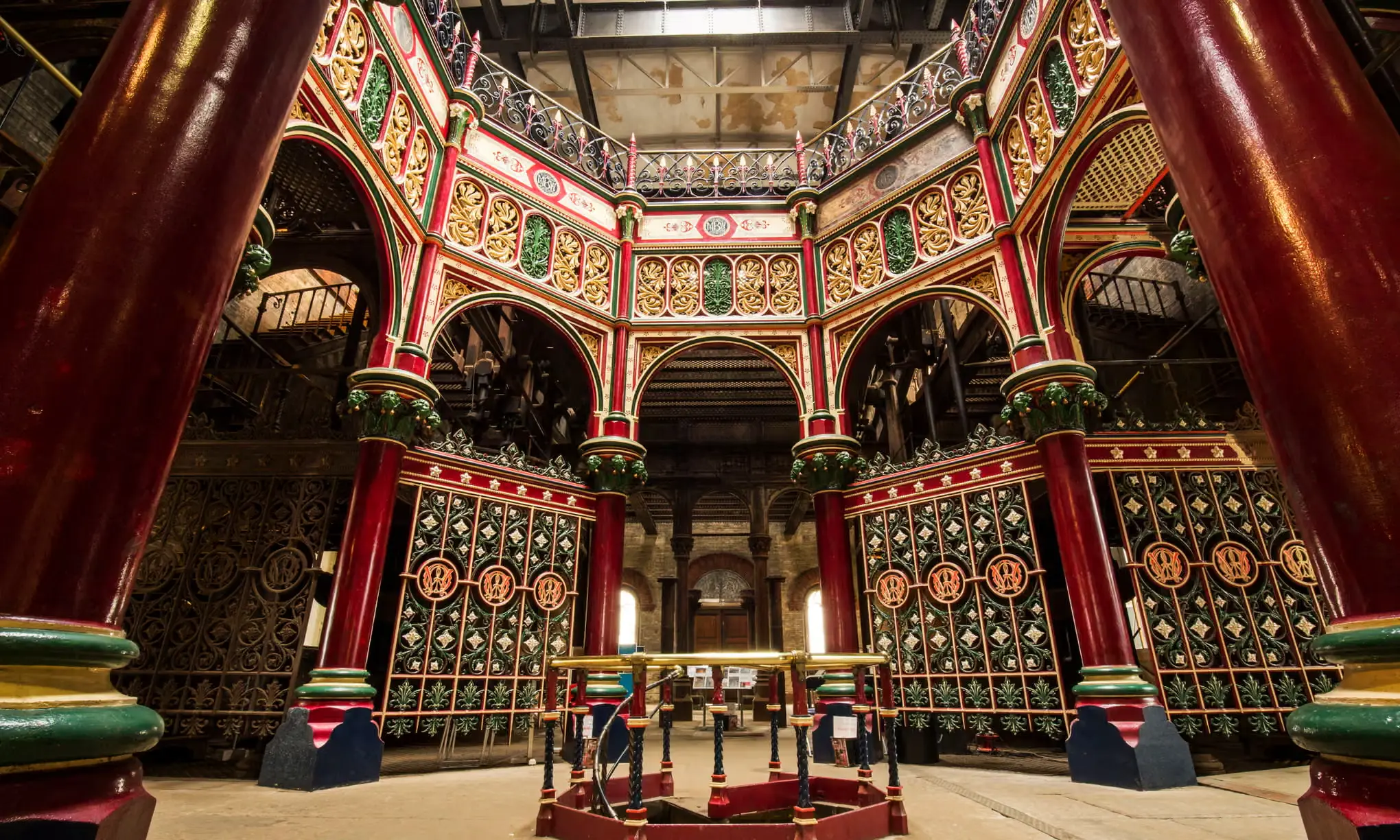Disclaimer: Under Sections 38 and 39 of the Copyright Ordinance (Cap 528), it does not constitute copyright infringement or violation of copyright laws for “fair dealing” with a work for the purposes of research, private study, or criticism, review, quotation, and reporting and commenting on current events. All rights and credits go directly to Sheehan Quirke, Tommy Lee, Chris Monk, David Perell, Felix Clay and The Guardian. No copyright infringement intended.
(文末附有閱讀理解練習)
一星期前從 YouTube 推薦頁面看到這一道標題,帶挑釁(Provoking)的字眼終究還是成功吸引到我。儘管標題聳動得讓人以為是業餘之為,實情是部認真的製作,從倫敦歷史探討兩方面:建築、公共空間設計和現代城市美學的衰落。
一些歷史背景:19 世紀的英國,歷經 「大惡臭」 (The Great Stink) 時期,污水處理設施日久失修,致使流入泰晤士河的都是未經處理的排泄物和工業廢料。1830 年代,霍亂 (Malaria) 從印度蔓延至歐洲,倫敦亦無倖免,受污染的食水源使得倫敦陷於疫情。

The Cultural Tutor 的影片中這樣形容當時橫街窄巷的惡劣臭味:
London's little lanes are charming now, but 150 years ago in places like this, you'd have had whole families crammed into these tiny rooms without running water. There would have been open cesspits spilling down the streets, and the stench of sewage boiling in the midday sun would have been unbearable. The whole city stank.
-
Cram (v.)
塞、擠入。此處用於強調擠逼的居住環境。這個字也可指 「死記硬背」 這個動作,把字硬塞入腦袋中的畫面瞬間形現,所以也引伸出 “Cram school” 「補習班」 一字。
-
Cesspit (n.)
化糞池。指的就是當時人們直接將生活污水倒在街上,公共空間都變成了開放的化糞池。
-
Stench (n.) // Stink (v.)
都解作臭味、惡臭,留意詞性不同。但更想仔細看看這一句:
“… the stench of sewage boiling in the midday sun would have been unbearable.” 「…… 中午猛烈的陽光下,熱得沸騰的污水傳出濃烈的惡臭,想必難以忍受。」
這一句詮釋了氣味的動態,不只是一句 “It smelled bad”,觀眾能從文字想像到臭味如何從地上的一灘水化作惡臭再傳入鼻中。
而且,原句也沒有用到甚麼很高深的單字,僅僅只是如前篇所述,將一些日常生活片段拆解、加添想像,已經能做到深刻的描述。
此處用了 “Would have” 這個文法。較為熟悉的用法就是假設情況下的帶後悔意思的條件句 (Third conditional) --- 一言蔽之,就是中文的 「早知當初」。
不過,影片原句是用於表達 「過去應該是這樣」 的意思 --- 不是和歷史記載所述一模一樣的真實,而是根據歷史描述得出的推斷。又是一個提醒學習語言要懂得活用的好例子。
影片中還提到這個特別的地方:

你以為這是個甚麼維多利亞時期的教堂嗎?這是當時為了根治霍亂疫情而建的污水處理廠。
Except that this is not the houses of parliament. It's an old sewage facility, a pumping station built in the 19th century as part of Bazalgette's new sewer system. Strange to think that this is infrastructure, a purely functional building with the sole purpose of managing human waste. And yet, it has been designed with the same ornamental exuberance
-
Sewer – Sewage – Sewerage (n.)
依序是排水管,污水,污水系統。“Sewerage” 是英式英語寫法。
要留意,這組字的字根不是 “Sew” (v.) 「縫紉」,也別把 “Sew” 名詞化成「污水」,應是 “Sewing” (Gerund 動名詞)。
-
Ornamental (adj.)
「裝飾用」,同義詞有 “Decorative”, “Cosmetic”。
-
Exuberance (n.)
「生氣勃勃」、「充滿活力」。
這個單字組合用得相當精妙。上文提及過深刻的描述不必用上甚麼難字,恰好與此處的非常用字(低頻率單字)形成對比。我猜想是為了襯托內裡雍容典雅的裝修,所以用上了較為罕見的形容詞。
有學到了嗎?Vocab用於寫作應是像讓菜式更上一層的調味;不應過多,否則就有胡亂揮劍的感覺。好文的基調精於內容和結構,再次扣回前篇提及對日常生活的觸覺和敏銳。
-
Vocab recap:
Cram (v.) 擠塞
Cesspit (n.) 化糞池
Stench (n.) 惡臭
Stink (v.) 臭味
Sewer - Sewage - Sewerage (n.) 排水管 - 污水 - 污水系統
Ornamental - Decorative - Cosmetic (adj.) 裝飾用
Exuberance (n.) 生氣勃勃、充滿活力
下載聆聽/閱讀理解練習
-
延伸閱讀:
倫敦下水道歷史:https://heritagecalling.com/2019/03/28/the-story-of-londons-sewer-system/
衛報關於 Crossness Pumping Station 的報道:https://www.theguardian.com/uk-news/2016/jul/10/crossness-sewage-pumping-station-reopens-joseph-bazalgette-cholera
作者簡介:
Louise Sit|畢業於香港中文大學英文系,曾任日校拔尖班導師。現為影像製作 Freelancer 及私人補習導師。 假設世界是個冒險樂園,會是位擲界 Gen-Z。
-
更多語言學習相關內容可瀏覽:Patreon.com/c/LouiseSit
聯絡電郵:louise@dse.best
留言討論